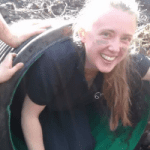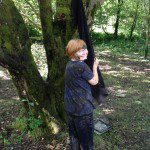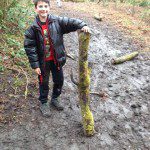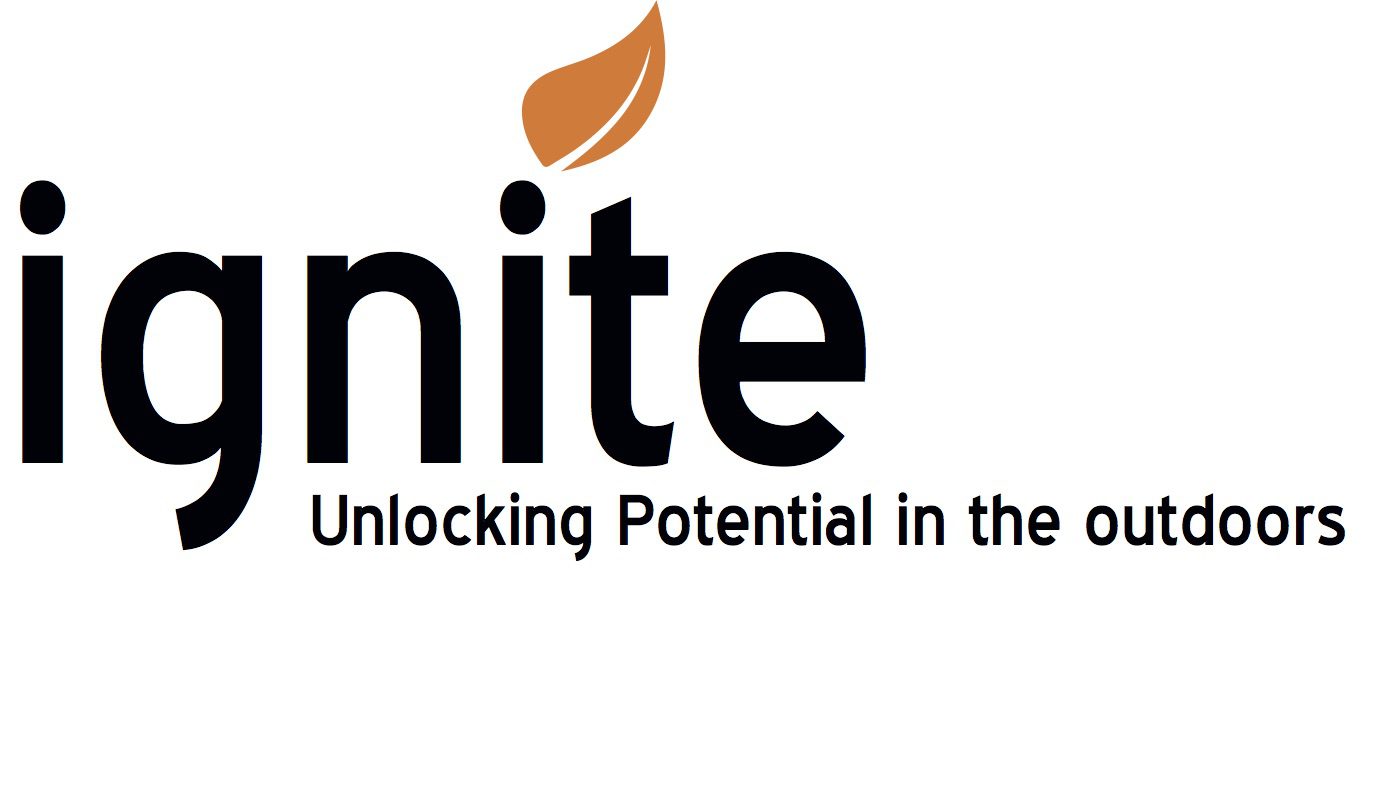Why Outdoors?
When your passion happens to be your ‘job’ it is quite easy to become self-righteous, self-indulgent and sometimes defensive about your beliefs, visions and missions…quite simply because you care. Highlighting this very point is a discussion we often have with some headteachers, who tell us that outdoor learning is great for wellbeing and our ‘basic-skills’ children.
Its great that we can agree and disagree when debating ways of how best to educate our young people.
As proponents of outdoor education and training and just being outdoors because it’s good – we seek to provide evidence of its benefits by the way of experience ( what people say about us), smiles on faces and those who return to us because they enjoyed and learned.




HOWEVER, we understand that we also have to be able to explain the benefits of going outdoors, in particular to schools who are under pressure to produce ‘results’ and ‘data’, on decreasing budgets, which in the history of education has been best evidenced by a score from a test or piece of work. There is nothing wrong with evaluation by test, but the world is also enriched by those who didn’t see to many A-C’s on a test paper in their lifetime.
The impacts
of children learning in and engaging with the outdoors cannot be “scored” in the same way as traditional methods. So much like a pebble being dropped in a pond; the ripples of improvements in learning, wellbeing, emotional and social intelligence are felt and absorbed long after the event or learning activity has taken place. Being outdoors benefits children, adults and the outdoors itself.
We talk about the qualitative impact of what we do, however we recognise that championing something which swims against the current mainstream tides, we must talk about the quantitative outcomes that being outdoors provides. There is a whole host of research out there which unequivocally tells us that what we do with our children between the ages of 0-5 will have profound impacts on them as an adolescent and adult. We generally understand that play is a vital component of the Foundation Phase, as it is for any child’s development across in the world…but what else helps us understand outdoor learning and its benefits.
So, below are a number of links and soundbites from various sources, within Wales mainly, which we draw upon when discussing why quality outdoor learning experiences should not just be seen as a tool for impacting ‘wellbeing and ‘basic skills’. This is only a toe in the water of what information and real life examples are out there, but hopefully it serves as a starter to explore how we can use the outdoors to develop our young people and impact on their academic, physical, emotional and social wellbeing.
[content_block bg_max_bg_width=”yes” bg_fixed=”yes” bg_position=”center top” bg_repeat=”repeat-x” bg_size=”auto” parallax_scroll=”no” bg_color=”#5A72B2″ content_padding=”40px 0″ font_color=”#FFFFFF” class=”class-name”]
Estyn’s own words:
Estyn Thematic report on Outdoor Learning 2011
Primary School best practice:
Tavernspite VC:
Our Headteacher, Mr. K.Phelps leads the Outdoor Schools project throughout Pembrokeshire and beyond. Although we were the first Outdoor School in Pembrokeshire there are now many located throughout Pembrokeshire and Wales.
Our work as an Outdoor School was recognised as ‘Outstanding’ and ‘Sector Leading Practice’ by the Inspectorate Estyn; we featured in the Times Educational Supplement and are listed under ‘Best Practice’ on the Estyn website. Our school is regularly used as an exemplar practice site for other schools to learn from.
Tavernspite VC: Estyn Inspection report 2012
Grangetown Nursery: Estyn Report 2014 RATED GOOD
Woodlands Community Primary: Estyn Report 2014 RATED EXCELLENT
Garnteg Primary: Estyn Report 2015 RATED EXCELLENT
Cwmaman Infants: Estyn Report 2015 RATED GOOD
The media
BBC: Estyn calls for more outdoor learning in Welsh schools
The new curriculum in Wales
These positive views are reinforced by the responses to the call for evidence in which the most frequently mentioned ‘best things’ about education in Wales are reported as being ‘the Foundation Phase, the Welsh language and bilingualism [particularly among younger respondents] and the focus on Welsh identity and the Curriculum Cymreig’7.
The new national curriculum in Wales should have six Areas of Learning and Experience: Expressive arts; Health and well-being; Humanities; Languages, literacy and communication; Mathematics and numeracy; and Science and technology.
The Foundation Phase stocktake
Key Findings from the Independent Stocktake of the Foundation Phase and Evidence from Research
[/content_block]
